A hotel bot is valuable to your broader hotel management strategy, assisting with marketing and customer service tasks. However, choosing your hotel chatbot can be daunting, especially if you are new to the technology. In this article, you will learn about some of the most important features to look out for.
Table of Contents:
- What is a Hotel Bot?
- How Does a Hotel Bot Work
- 11 Important Hotel Bot Features When Selecting a Bot
- 1. Multi-Channel Functionality
- 2. Communication Dashboard for Multiple Platforms
- 3. FAQ Automation
- 4. Integration With Booking Engines & PMS Systems
- 5. Personalization Options
- 6. Machine Learning
- 7. Support for Multiple Languages
- 8. Check-In and Check-Out Functionality
- 9. Concierge Functionality
- 10. Review Integration
- 11. Access to Performance Analytics & Reports
- Reasons Why Every Hotel Needs a Hotel Bot
- More Hotel Management Software Solutions
What is a Hotel Bot?
A hotel bot is a kind of computer application, deployed by those in the hotel industry, which can process communication from human users and respond intelligently to it. Ultimately, the bot aims to replicate the kind of interactions a user might have with a human employee, either through text or speech.
The main way those in the hospitality industry utilize these bots is for customer service interactions. When deployed in these settings, an AI bot can respond to customer questions, deliver useful marketing messages at key moments and provide users with important information, which can then be used to inform booking decisions.
How Does a Hotel Bot Work?
Chatbots work by receiving user interactions by text or voice, interpreting the interactions, and providing relevant responses. With this in mind, they can be separated into two basic types:
1. Rule-Based Hotel Bots
A rule-based hotel bot is the more simplistic of the two options and can respond to customers using a clear set of built-in rules, which a human initially creates. Communication in this form tends to be text-based and often uses on-screen buttons, presenting users with multiple choices for responses. Rule-based hotel bots may also detect certain keywords or phrases within written communication.
The internal logic tends to be fairly straightforward. For example, the bot might ask: “Are you looking for a single or double room?” The bot will then either present the two options, detect which of the two options the user responds with, and present the next relevant message for that selection.
Rule-based bots are cost-effective and can deal with more simple communication easily. However, the conversation may seem less natural, and user inputs not catered for within the internal rules can cause problems.
2. AI-Based Hotel Bots
On the other hand, an AI bot uses artificial intelligence technology, meaning the bot will be more advanced. Typically, an AI-based bot can interpret text inputs or voice commands and respond appropriately, making communication more natural and flowing.
This kind of hotel bot also introduces several key benefits, such as the ability to detect different languages and improve as a wider range of questions are received continually.
As a chat conversation progresses, the AI bot will obtain various information. It can then refer back to these, presenting tailored responses to the individual instead of relying on pre-written responses to very specific questions or instructions. AI bots typically produce greater customer satisfaction but are more expensive.
11 Important Hotel Bot Features When Selecting a Bot
With various hotel bot products available, selecting the right one is vital. Below, you will find 11 of the most important features to look out for when deciding between these options.
1. Multi-Channel Functionality
One of the most important considerations when choosing your hotel bot is support for multi-channel functionality. A good hotel chatbot should not only exist within the chat widget on your hotel website and should also allow for integration with a variety of messaging platforms. Customers will all have their own individual preferences here, but common apps include WhatsApp, Facebook Messenger, and Telegram, while WeChat is a popular platform in China.
2. Communication Dashboard for Multiple Platforms
In addition to supporting multi-channel functionality, the best bots will also offer a comprehensive dashboard, allowing you to manage communication from the different platforms, all in one place. This should include the aforementioned messenger platforms, like Facebook Messenger and WhatsApp, and emails and messages from guests via platforms like Booking.com and AirBnB.
3. FAQ Automation
Your hotel will likely receive certain questions regularly, and it is often possible to provide standard answers. For this reason, you should look for a hotel bot that offers frequently asked question (FAQ) automation possibilities. This will allow the bot to respond to the most commonly asked questions extremely rapidly, allowing for a more seamless customer experience, while reducing the amount of work human reps need to take on.
4. Integration With Booking Engines & PMS Systems
Another key feature to look out for with your hotel bot is the possibility of integration with your booking engines and property management systems. This gives your customers real-time booking potential, allowing you to increase direct bookings and save money on the commissions you might otherwise need to pay to online travel agencies. As a chatbot communicates with customers, it can also offer relevant and timely special offers, helping seal the deal.
5. Personalization Options
Your hotel bot should be able to provide you with the scope for real personalization. This will then allow you to identify key messages important for your marketing strategy and ensure they deliver them. At the same time, it enables you to pinpoint important questions for your customers and ensure the chatbot provides high-quality, relevant answers. This can make the chatbot seem far less generic, greatly enhancing the user experience.
6. Machine Learning
Machine learning capability can be highly beneficial, enabling a hotel bot to improve continuously. For example, the bot can improve its language recognition skills through artificial intelligence and regular interactions. Moreover, it will be able to offer intelligent answers to questions, even if it has not been set up to deal with them, and will then be able to gradually self-correct on any mistakes or errors it makes.
7. Support for Multiple Languages
Hotels and others in the travel industry receive questions and other contacts from people living in different parts of the world, which can mean dealing with multiple languages. It is important to find a multilingual hotel bot that can both understand and respond to communication in the most common languages your customers speak. This ability to speak multiple languages is one of the ways where chatbots can potentially outperform humans.
8. Check-In and Check-Out Functionality
Modern technology has opened the door to contactless payments, keyless hotel rooms, check-ins, and check-outs that do not require human intervention. A great hotel bot can assist guests with checking in and out as they wish, using their smartphone. This eliminates the need to queue at the front desk, speeding up the entire process, while freeing up more time for reception staff to carry out other tasks.
9. Concierge Functionality
A feature that is sometimes overlooked by hotel owners seeking the right AI chatbot is concierge functionality. When a hotel bot can offer this, guests can use their smartphone and your chat feature to request assistance. Whether a customer needs to ask for fresh bath towels, would like assistance with booking a restaurant table, or wants to order room service, the option to do so via a chat widget can offer greater efficiency and convenience.
10. Review Integration
One of the more interesting uses for a hotel bot is seeking out customer feedback, so it is best to find a bot offering review integration. Chatbot communication can ask for customer feedback at the end of the interaction. In contrast, a chatbot can be used on platforms like Facebook Messenger or even your hotel app, to send requests to guests who have checked out, asking them to leave a review of their experience.
11. Access to Performance Analytics & Reports
Finally, it is important that your hotel chatbot can offer performance metrics that are available in report form. This allows you to analyze the bot’s performance and make adjustments, if necessary. Ideally, the bot should allow you to ascertain the average time to deal with a customer issue, the most common languages, devices, and platforms customers use, conversion success rates, and more.
Reasons Why Every Hotel Needs a Hotel Bot
Hotel chatbot technology is helping to revolutionize how those in the hospitality industry handle communication with customers, providing instant responses to questions, offering opportunities to deliver in-the-moment promotional offers, and greatly reducing the work human staff need to do.
In the article “Reasons Why Every Hotel Needs a Hotel Chatbot,” you will learn more about chatbots and how they work. In addition, you will find 10 specific examples of ways a hotel chatbot can help those in the hotel industry, from improved efficiency, to multi-language support.
Hotel chatbot technology has helped revolutionize marketing and customer service strategies in the hospitality industry, providing rapid responses to customers at all times. However, you need to be sure you are using a hotel bot that offers the most important features, as described in this article, or you could be missing out.
More Information About Hotel Management Software
Would you like to learn more about hotel management software solutions that can help you to grow your hotel business? In the following articles, you will find more information about the most important hotel management software for hotels:
- Hotel Distribution Channel Manager: What Are the Advantages?
- Revenue Management System (RMS): What Are the Advantages?
- Hotel App: Optimise Your Guest Communication, Experience & Revenue
- Hotel Management Software: What Are the Benefits for Hotels?
- RMS System: An Overview of the Most Important Features
- PMS Software: Which Software Integration Should a PMS Have?
- Hotel Software: The Most Important Software Solutions for Hotels
More Tips to Grow Your Business
Revfine.com is the leading knowledge platform for the hospitality and travel industry. Professionals use our insights, strategies, and actionable tips to get inspired, optimize revenue, innovate processes, and improve customer experience.Explore expert advice on management, marketing, revenue management, operations, software, and technology in our dedicated Hotel, Hospitality, and Travel & Tourism categories.
This article is written by:
Hi, I am Martijn Barten, founder of Revfine.com. With 20 years of experience in the hospitality industry, I specialize in optimizing revenue by combining revenue management with marketing strategies. I have successfully developed, implemented, and managed revenue management and marketing strategies for individual properties and multi-property portfolios.

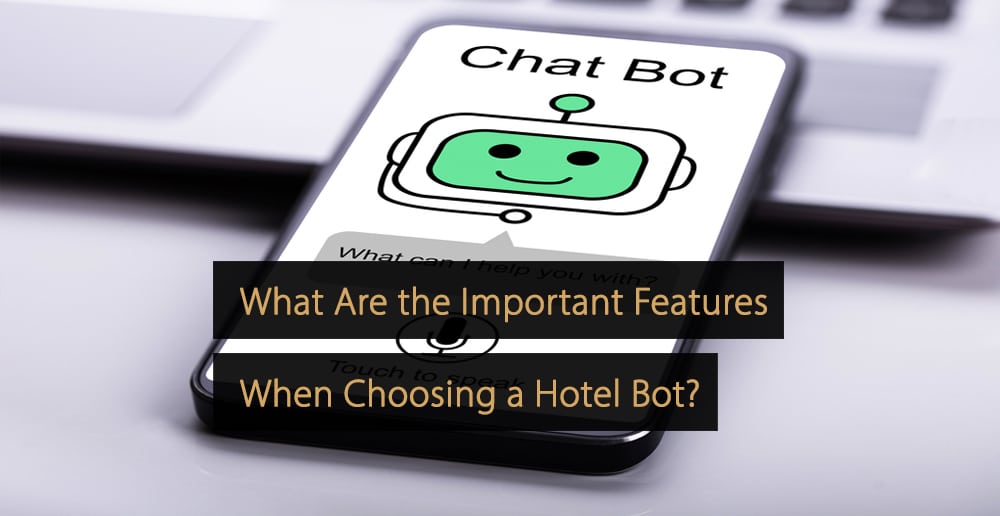

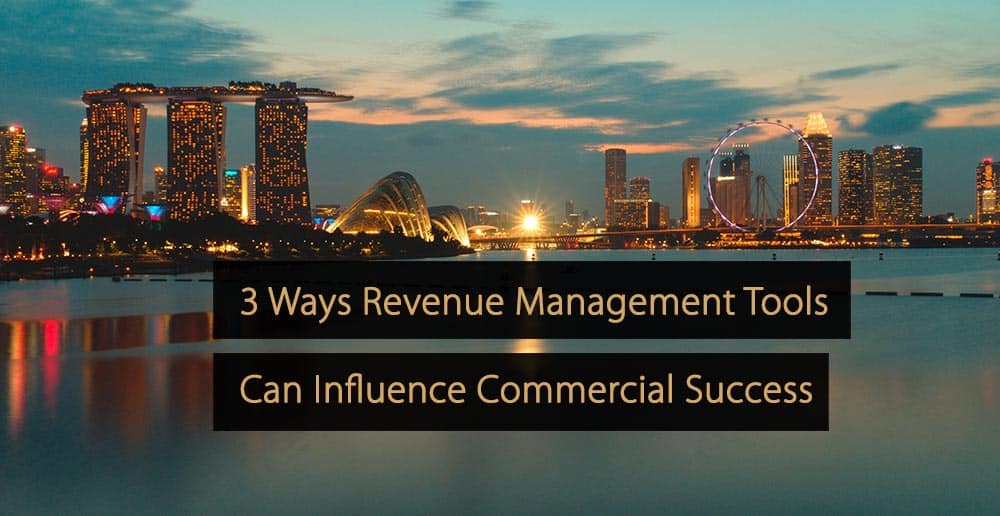
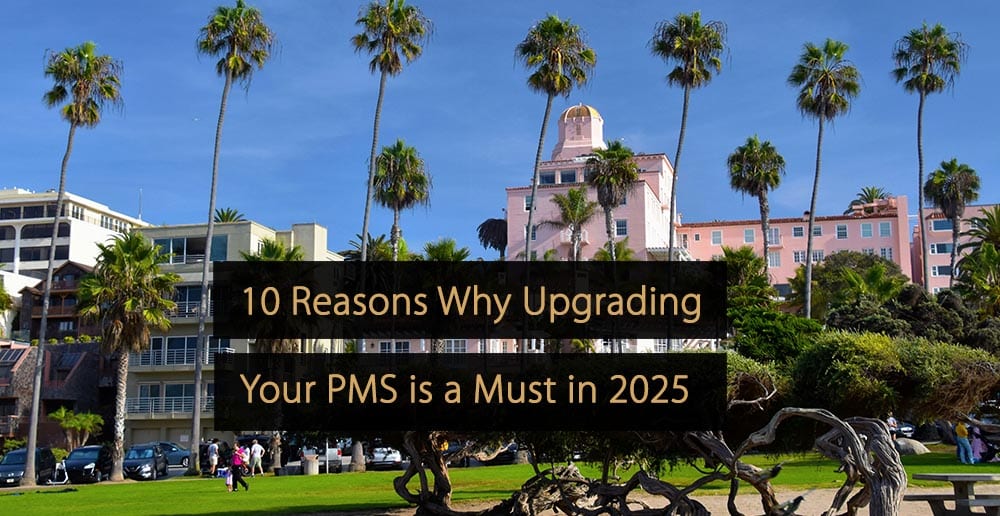
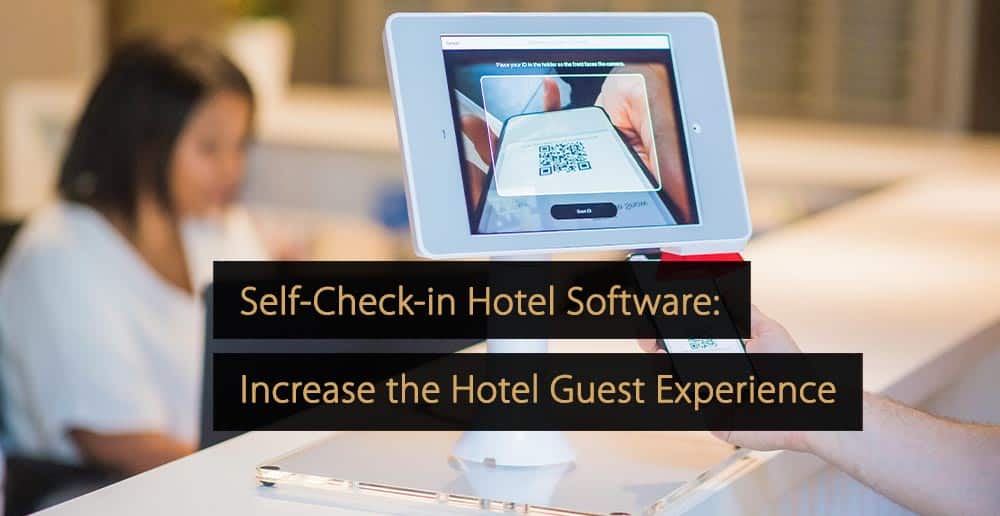
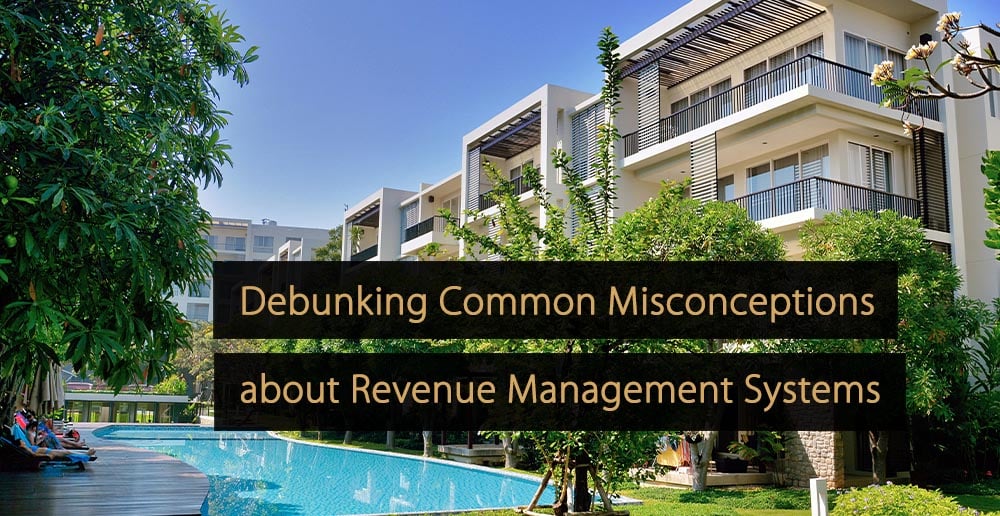


Leave A Comment